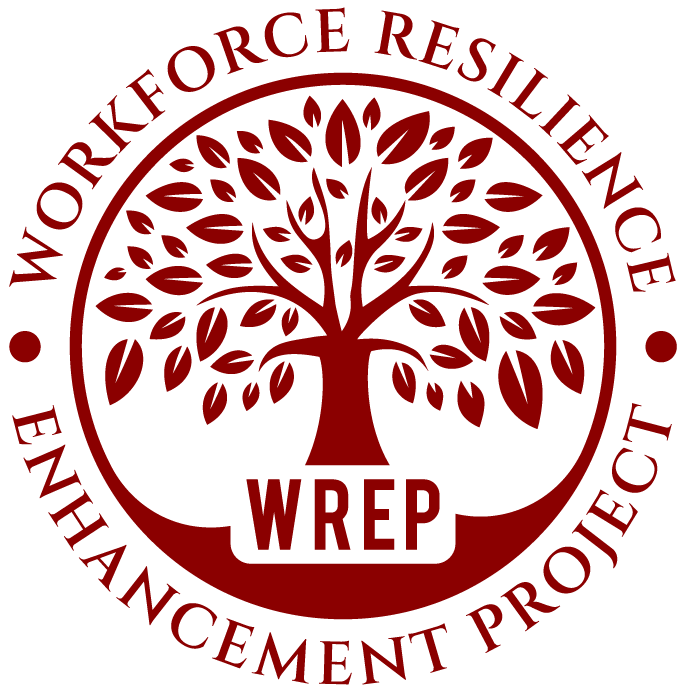Getting Started
Getting Started with Trauma-Informed Workforce Development
What is Trauma-Informed Workforce Development?
Trauma-informed workforce development occurs when staff understand, recognize, and respond with supports that address the negative effects of psychological, emotional, and spiritual trauma. Trauma-Informed Services emphasizes that for client’s to take full advantage of skill development opportunities they need to trust the organization as a whole and the individual staff members providing direct services—they need to feel safe.
Being trauma-informed is about understanding and attending to how the cognitive, psychological, and emotional effects of trauma can block an individual’s brain from developing the skills, attitudes, and habits that are associated with successful employment. One example of this is that for staff to provide trauma-informed services they need to develop an empathetic understanding of how traumatic stress can cause concentration difficulties, which can make it challenging to keep up in training programs. Staff also need to understand how traumatic stress can cause anxiety that is self-medicated with substances, and both the anxiety and substance abuse may appear as lack of motivation to show up to training opportunities and as a lethargic engagement in the job search process.
To ensure that job readiness and workforce development services are trauma-informed, all staff need to understand:
-
- How trauma affects people’s ability to organize and manage themselves to take advantage of life’s opportunities and cope with life’s challenges.
- Understand the practices that will help them process and cope with their traumatic experiences and enable them to gain employment
- Develop procedures for following-up with clients to help them identify and manage workplace stressors and triggers to facilitate job retention.
Two Starting Points
- Naming The Problem For Yourself As A Workforce Development Professional
For too many adults living in economically marginalized communities, events capable of causing trauma are in almost every aspect of the environment in which they live.
Trauma-informed job readiness and workforce development is about understanding and attending to how the cognitive, psychological, emotional, and behavioral effects of trauma can impair an individual’s abilities to develop the skills, attitudes, and habits needed for successful employment. For example, for staff to provide trauma-informed services they need to develop an empathetic understanding of how traumatic stress can cause concentration difficulties, which can make it challenging to keep up in training programs. Staff also need to understand how traumatic stress can cause anxiety that is self-medicated with substances, and both the anxiety and substance abuse may appear as a lack of motivation to show up to training opportunities and as a lethargic engagement in the job search process.
Staff needs to have a clear understanding of how traumatic experiences can affect individual functioning.
2. Naming The Problem With And For Your Clients
We all tend to look away and avoid asking others about what may be happening when we see signs of mental illness or trauma. However, one of the most helpful things that can be done for clients is to carefully ask about and listen to what they say about their life experiences. This act of asking and listening can provide the critical insight needed to determine the true underlying barriers that may be preventing them from short- and long-term career success.
Trauma-informed services help clients see, name, and heal (through connecting them with qualified professionals) their inner injuries to increase the likelihood of workplace success. Change is initiated by helping clients to understand the lasting trauma caused by past or ongoing experiences and understand how unhealed trauma affects how they show up in the workplace. This is done by talking with clients about trauma and potential triggers, helping them access therapy and other counseling supports, and coaching their development of self-regulation skills to deal with overwhelming feelings when triggers arise.
To do this staff first need to understand how to de-stigmatize discussing trauma.

